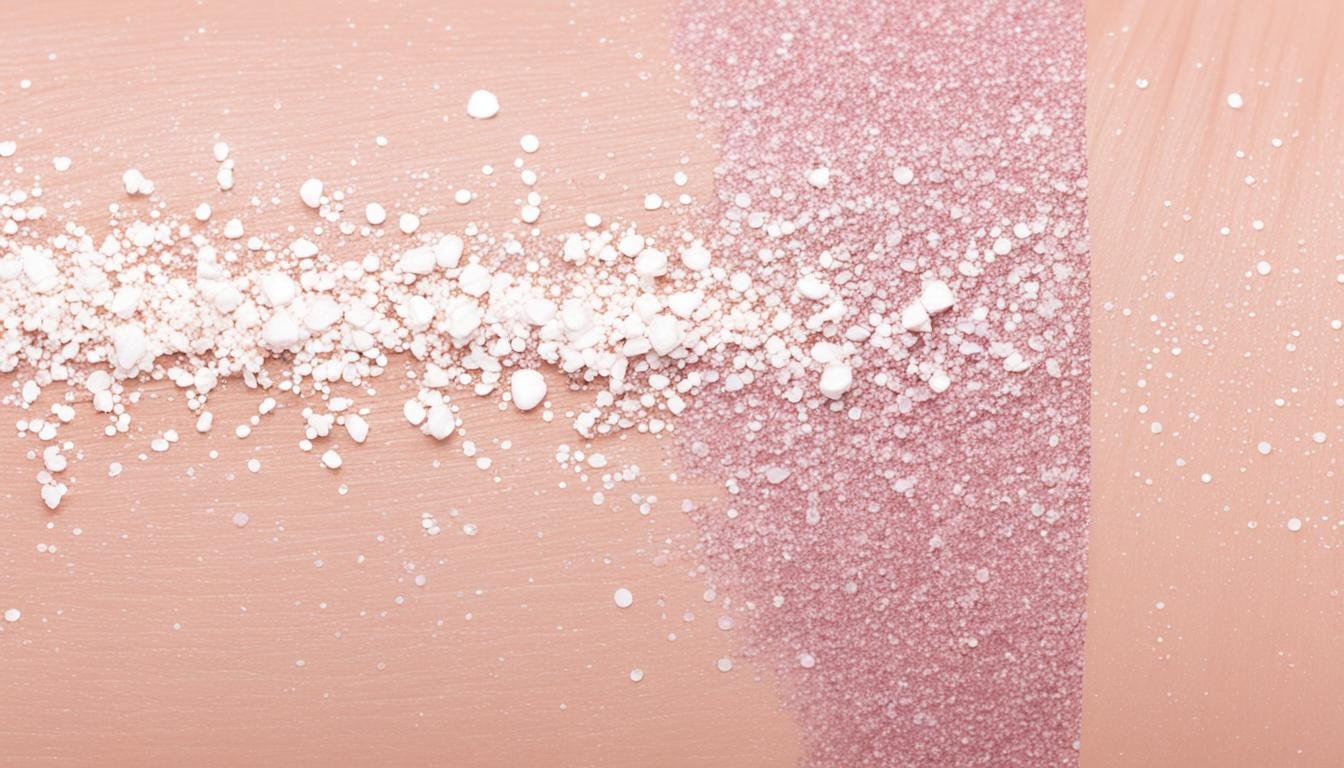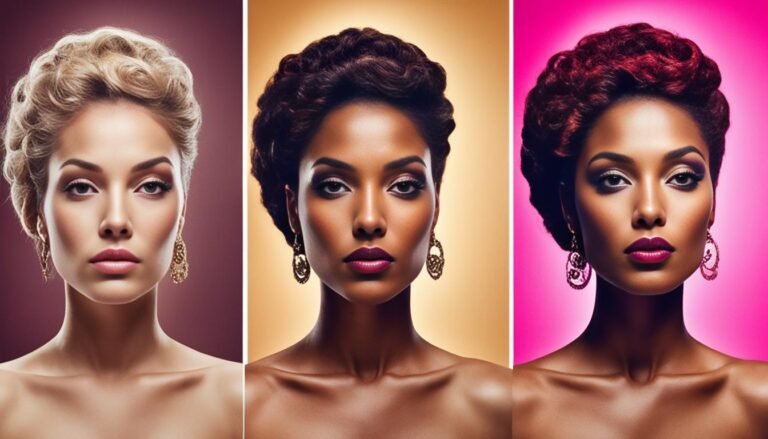Why do guys like fair girls?
When it comes to attraction, we often wonder why certain preferences exist. Why is it that some guys prefer fair-skinned girls over others? Is there a deep-rooted reason behind this preference or is it just a matter of personal taste? Let’s delve into the topic and uncover the intriguing factors that drive this attraction.
In a recent study, researchers discovered that the preference for fair-skinned females is not merely based on aesthetic appeal but is deeply influenced by moral assumptions. Subconsciously, men associate fair skin with purity, innocence, modesty, and goodness. This link between fair complexion and positive qualities creates a magnetic pull towards fair girls, even though individuals might not be aware of it.
Key Takeaways:
- Men are subconsciously attracted to fair-skinned females due to the association of fair skin with purity, innocence, modesty, and goodness.
- This preference is driven by moral assumptions and cultural values.
- Aesthetic judgments are deeply influenced by cultural perceptions and ideals about how women should look and behave.
- Preferences for fair skin in men are not solely based on biology but are shaped by cultural values and moral judgments.
- These preferences have an impact on social expectations, advertising portrayals, and moral perceptions.
Cultural perceptions of beauty
The research emphasizes that our aesthetic preferences in terms of beauty reflect our cultural perceptions and moral preferences. Lightness and darkness have specific meanings attached to them in our culture, and we subconsciously relate those meanings to women. Physical characteristics like complexion play a significant role in aesthetic judgments, and they are made at a subconscious level.
In a study analyzing over 2,000 advertising photographs, it was found that women with fair skin were portrayed differently than those with darker skin tones. Fair-skinned women were often depicted as innocent, pure, and modest, aligning with the cultural perception that fair complexions represent beauty and virtuousness. On the other hand, women with darker complexions were more likely to be associated with danger, sensuality, and promiscuity.
“Our perceptions of beauty are deeply influenced by the cultural values and ideals surrounding us. These values shape our aesthetic judgments and the standards we hold for women’s appearance and behavior.”
Interestingly, these preferences for fair skin are not solely based on biology. The study revealed that the differences in attractiveness based on skin color between men and women cannot be explained by evolutionary factors alone. Instead, they are deeply rooted in cultural values and ideals about how women should look and behave.
Beauty standards can vary across different societies and time periods, reflecting the dominant cultural norms and moral preferences of those communities. For example, in some cultures, fuller figures may be considered more beautiful, while in others, slimness may be idealized.
The Influence of Media and Society
The media plays a significant role in shaping cultural perceptions of beauty. Advertisements, TV shows, movies, and social media platforms often propagate certain beauty standards, which can further influence individual preferences and self-perception. The prevalence of fair-skinned celebrities and models in media reinforces the cultural ideals of beauty, leading to the internalization of these standards by individuals.
It is important to recognize that beauty standards are not fixed or universal. They evolve over time as societal values and beliefs change. Embracing diversity and challenging societal beauty norms can help promote inclusivity and acceptance of different physical appearances. By questioning and examining our own perceptions of beauty, we can challenge the influence of cultural biases and moral preferences on our aesthetic judgments.
Impact on social expectations and judgments
The portrayal of women with different complexions in advertisements reveals a significant impact on social expectations and moral judgments. Researchers have found that in advertisements featuring only white women, those with fair complexions tend to be portrayed as conservatively dressed, friendly, and honest. In contrast, women with darker complexions are more likely to be depicted in an advanced state of undress, provocatively dressed, and associated with promiscuity.
These findings highlight the connection between aesthetic judgments and moral judgments. The preference for fair complexion in advertisements is not merely a matter of biology but reflects deeply ingrained cultural values. It perpetuates the stereotype that lighter-skinned women are more virtuous or conform to conservative standards of beauty, while darker-skinned women are portrayed as sexually provocative or even morally questionable.
This portrayal has larger implications for societal expectations and the reinforcement of conservatism in beauty standards. By idealizing fair complexions and associating them with morality and respectability, these advertisements contribute to a social narrative that equates fair skin with purity and goodness. This can have a profound impact on individuals’ self-esteem and contribute to the perpetuation of discriminatory beauty norms.
It is essential to recognize that these preferences and portrayals are not universal but shaped by cultural biases and influences. By acknowledging and challenging these narrow beauty standards, we can work toward a more inclusive and equitable society that values beauty in all its diverse forms.
FAQ
Why do men prefer fair-skinned females?
Why do women prefer darker complexions in men?
Are our aesthetic preferences influenced by cultural values?
Do physical characteristics like complexion influence aesthetic judgments?
Are differences in attractiveness based on skin color between men and women solely explained by biology?
How are fair-skinned women portrayed in advertisements?
How are women with lighter complexions depicted in advertisements?
What do these findings highlight?
Source Links
- https://timesofindia.indiatimes.com/home/science/why-men-like-fair-skin-women-dark/articleshow/2872296.cms
- https://www.dailymail.co.uk/sciencetech/article-535828/Why-men-prefer-fair-skinned-maidens-women-like-dark-handsome-strangers.html
- https://www.mensxp.com/special-features/today/6968-why-is-the-indian-man-obsessed-with-fair-skin.html






